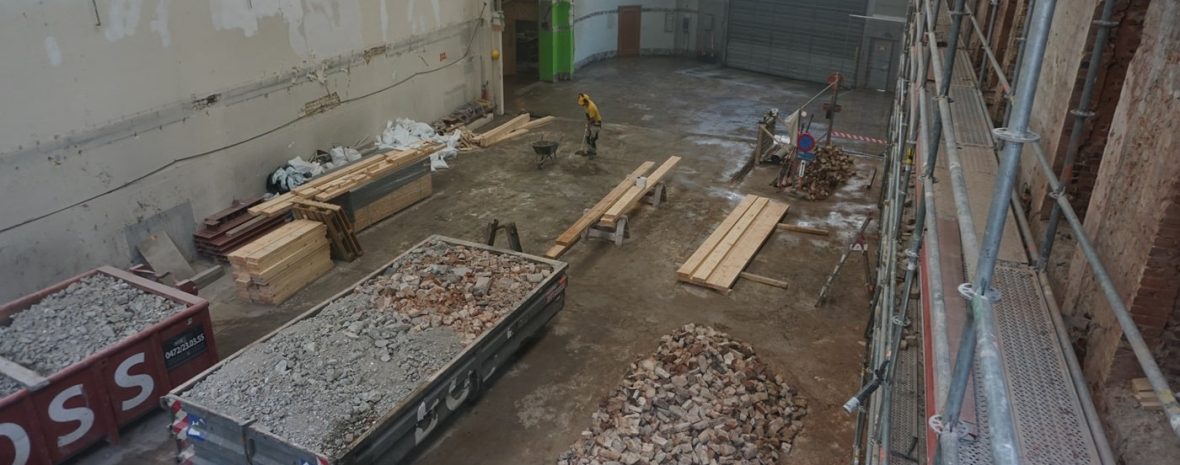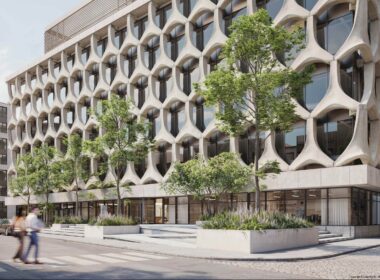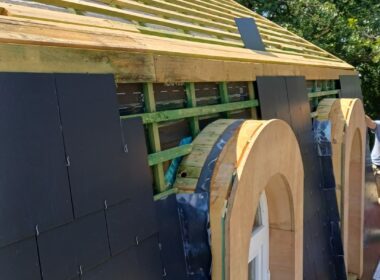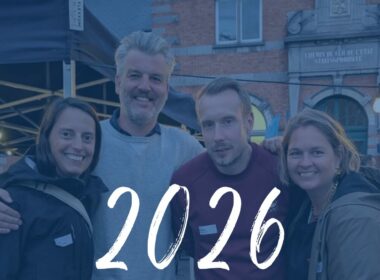The Plantin construction site is a RENOLAB award-winning project. Just a stone’s throw from the Gare du Midi station, with its 2,000m² of projected floor space, this construction site is also a wonderful testing ground for virtuous construction practices: the meeting point between the social economy and eco-construction.
Led by Casanovo[1], this site illustrates how to implement best practices in ecological renovation and social integration. In terms of eco-construction, the Plantin site relies on effective strategies to minimise environmental impact. The first approach is to preserve as much of the existing structure as possible, thus avoiding extensive demolition. This method requires intellectual flexibility on the part of all parties involved, especially architects and engineers, to integrate the existing structure into new designs. Casanovo also uses biosourced and certified materials and applies them in a way that means they can be disassembled. The project is already taking the future of building and the second life of the materials into account. Indeed, the project adheres to a circular approach, maximising the reuse of materials and reducing waste through rigorous selective sorting.
In terms of the site’s economy and ecosystem, it’s also important to note that the Plantin construction site is taking a Bouwteam approach, where, instead of being pitted against each other, the interests of the company and the project owner are brought together. The project’s financial choices are supported by the project owner, and the savings achieved translate into a gain for the project owner, freeing up margins for materials that may be more costly but are more sustainable.
In addition, Casanovo’s local approach means that the project works closely with regular suppliers, who are often small, Brussels-based businesses. By rejecting an approach aimed at maximum profitability, the company fosters an ecosystem of Brussels-based suppliers, favouring local craftsmen over large companies for the elements that need to be subcontracted. This helps to create jobs and support the local economy, keeping the benefits within the Brussels community. In addition, cooperating with local associations and involving neighbours in the construction process strengthens social ties and ensures that the project blends harmoniously into the neighbourhood.
The Plantin construction site is a convincing example of the alliance between the social economy and eco-construction. By adhering to sustainable practices and integrating local stakeholders, this project succeeds in achieving its environmental and social objectives while respecting budgetary constraints. Thanks to eco-construction, sustainable and local materials are favoured, and the reuse of existing elements reduces the project’s environmental footprint. At the same time, the social economy strengthens the fabric of the local economy, creates sustainable jobs and supports Brussels’ craftsmen and SMEs. This combination demonstrates that the social economy can be a driver for innovation and sustainability in Brussels, paving the way for a promising future for this sector and proving that ecological and social practices can go hand in hand, working for the well-being of the community and the environment.
Author : Delphine CHAPELIER TIMSONET – Communication at Casablanco
[1] CASANOVO cooperative is a general construction company whose aim is to shape a different kind of economy in the construction sector, and to perpetuate Casablanco’s professional integration initiatives for vulnerable people.





